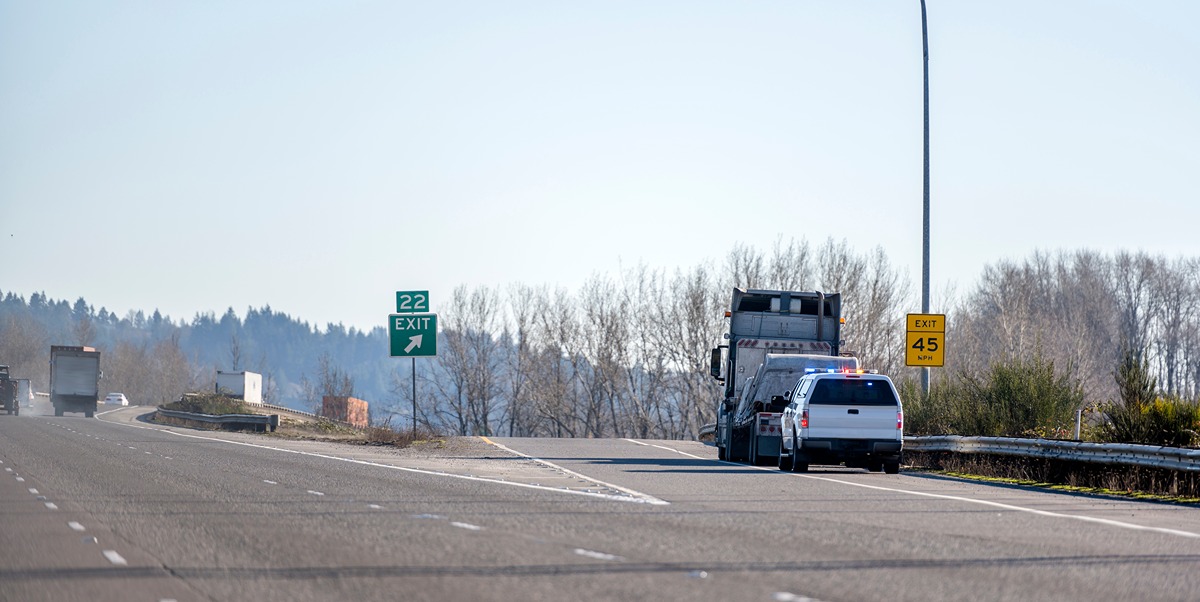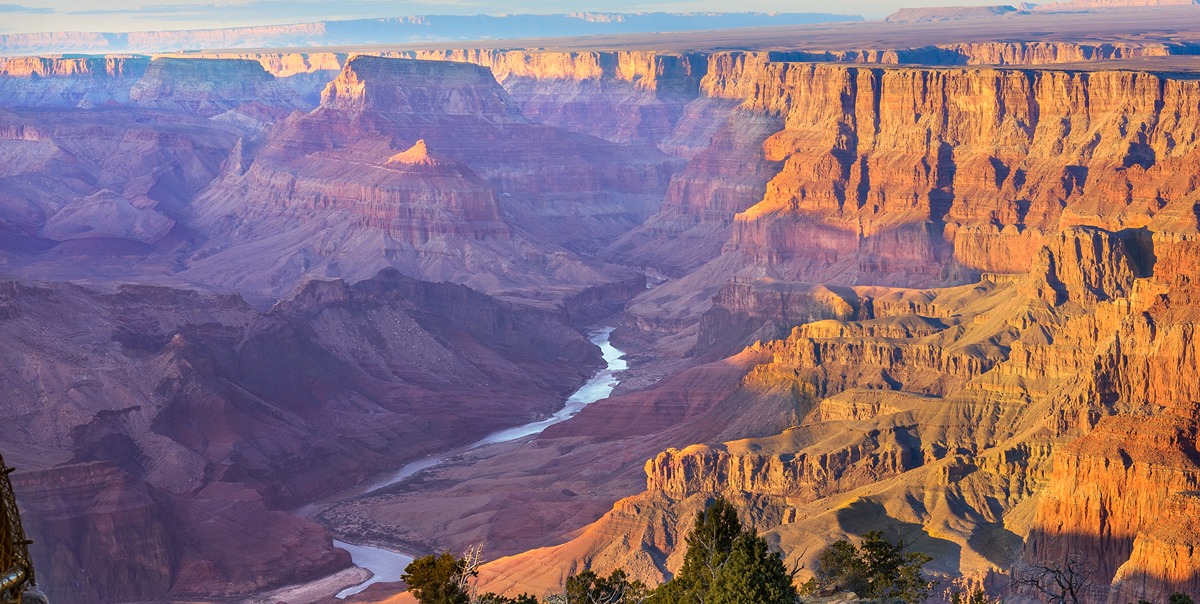Drug Charges in Coconino County, AZ
We’re Here to Help You – Talk to Our Legal Team Immediately
Being charged with a drug offense in Coconino County can carry consequences that vary wildly depending on where the arrest occurred. If you were stopped for speeding along I-40 near Flagstaff and officers found narcotics in your vehicle, you might face Arizona state felony charges.
But if you were caught with drugs while hiking in Grand Canyon National Park, your case could land in federal court, where the penalties are often harsher and diversion programs are limited. Even the difference between an arrest in downtown Flagstaff versus one near the Navajo Nation or national forest land can change how, and where, your case is prosecuted.
This article breaks down everything you need to know if you or a loved one is facing a drug charge in Coconino County. We’ll cover the types of drug crimes commonly charged, which Arizona statutes apply, the courts that handle these cases, and whether your case might fall under federal jurisdiction. We’ll also explain possible penalties and defenses, plus how a skilled attorney like Christian Lueders from Guardian Law Group can fight to protect your rights.
Table of Contents
- What Are Common Drug Charges in Coconino County?
- What Arizona Drug Laws Apply to These Charges?
- When Do Drug Charges Become a Federal Offense in Arizona?
- Which Courts Handle Drug Cases in Coconino County?
- What Are the Penalties for Drug Crimes in Arizona?
- What Defense Strategies Can a Lawyer Use in Drug Cases?
- Real-World Examples of Coconino County Drug Charges
- Frequently Asked Questions About Drug Arrests in Coconino County
- Key Things to Remember
- How Guardian Law Group Can Help You
By the end of this article, you’ll have a clearer understanding of the criminal process, your legal options, and what steps to take next if you’ve been accused of a drug-related crime in northern Arizona.
Follow us On
Free Case Evaluation
Free & Confidential Consultation
Don’t Wait – Call Us Now to Speak with an Phoenix Criminal Defense Lawyer

►What Are Common Drug Charges in Coconino County?
Drug-related arrests in Coconino County tend to fall into two major categories: possession and distribution/trafficking. Each comes with its own set of risks, penalties, and procedural considerations.
Possession Charges
Most possession cases in Coconino County involve one of the following controlled substances:
- Methamphetamine
- Heroin
- Fentanyl
- Cocaine
- Prescription drugs without a valid prescription
- Marijuana (if over the legal recreational limit)
Under Arizona law, even a small amount of any of these substances—especially fentanyl—can trigger felony charges. You may be arrested for simple possession if you’re found with the drug on your person, in your vehicle, or in your home.
Trafficking and Transportation
Drug trafficking charges are more serious and usually involve accusations of moving, selling, or importing drugs. Law enforcement frequently targets trafficking on major corridors like Interstate 40, which runs through Flagstaff and Williams.
If you’re caught transporting drugs across state lines or in large quantities, you may face:
- Transportation for sale
- Possession with intent to sell
- Conspiracy charges if more than one person is involved
Even if you had no intention to sell, possession of a large quantity may be treated as trafficking.
► What Arizona Drug Laws Apply to These Charges?
Drug offenses in Arizona are primarily governed by Arizona Revised Statutes (ARS) Title 13, Chapter 34, which includes:
- ARS 13-3407 – Possession or use of dangerous drugs (e.g., methamphetamine)
- ARS 13-3408 – Possession or use of narcotic drugs (e.g., heroin, fentanyl)
- ARS 13-3405 – Possession, use, or sale of marijuana
- ARS 13-3406 – Prescription drug offenses
- ARS 13-3415 – Possession of drug paraphernalia
Each statute outlines different levels of felony charges based on the type and amount of drug, your criminal history, and any aggravating circumstances.
Importantly, Arizona treats certain substances more harshly than others. Meth, fentanyl, and heroin often result in Class 2 or 3 felony charges, especially when large quantities are involved.

► When Do Drug Charges Become a Federal Offense in Arizona?
Not all drug arrests in Coconino County are prosecuted under state law. If your alleged offense occurred on federal land or involved interstate trafficking, your case may be handed over to the federal government.
Grand Canyon National Park Under Federal Jurisdiction
The Grand Canyon is federal land, managed by the National Park Service. If you’re arrested for drug possession or trafficking within the boundaries of the Grand Canyon National Park, your case is likely to be prosecuted in U.S. District Court, not an Arizona state court.
Drug Transportation Along I-40
Coconino County includes a long stretch of Interstate 40, which runs east-west through northern Arizona. If you’re stopped with a large quantity of drugs while traveling this corridor, especially if you’re coming from out of state, federal prosecutors may file trafficking charges, particularly if:
- You crossed state lines with the intent to distribute
- You were caught near a port of entry or checkpoint
- You were already under federal surveillance or part of a multi-state investigation
Federal charges typically result in harsher penalties, longer prison terms, and fewer diversion opportunities than Arizona state charges.
►Which Courts Handle Drug Cases in Coconino County?
If your case stays at the state level, it will be handled by one of the following courts in Coconino County:
Coconino County Superior Court (Felony Cases)
- Located in Flagstaff, this court hears all felony-level drug charges.
- If you were arrested in places like Williams, Page, or Sedona (Coconino portion), you’ll likely appear here.
Flagstaff Justice Court (Misdemeanors)
- Handles misdemeanor drug offenses, such as simple marijuana possession under the legal threshold (if not eligible for diversion).
U.S. District Court – District of Arizona (Federal Cases)
- Located in Flagstaff for local proceedings.
- This court handles drug charges that occur on federal land or involve interstate activity, such as arrests made at Grand Canyon National Park.
Each court has its own procedures, prosecutors, and timelines—something a local attorney like Christian Lueders knows how to navigate effectively.
► What Are the Penalties for Drug Crimes in Arizona?
The severity of the penalty depends on the type of drug, quantity, and intent (e.g., use vs. sale). Prior convictions and whether the charge is filed in state or federal court will also impact the sentence.
Penalties Table
| Charge Type | Statute | Classification | Possible Penalties |
| Possession of Dangerous Drugs | ARS 13-3407 | Class 4 Felony | 1.5 to 3 years in prison; probation available |
| Possession of Narcotics (e.g., heroin, fentanyl) | ARS 13-3408 | Class 4 Felony | 1.5 to 3 years; enhanced for repeat offenders |
| Trafficking / Transport for Sale | ARS 13-3407/3408 | Class 2 Felony | Up to 12.5 years for first offense; 15+ for repeat |
| Federal Drug Trafficking (I-40 or Grand Canyon) | 21 U.S.C. § 841 | Federal Felony | 5 to 40 years; 10 years to life for large quantities |
► What Defense Strategies Can a Lawyer Use in Drug Cases?
When facing a drug charge, several legal defenses can be raised depending on the facts of your case. Attorney Christian Lueders, a former felony prosecutor, knows what to look for and how to challenge weak or unconstitutional cases.
1. Unlawful Search and Seizure
If police searched your vehicle or person without a warrant or probable cause, the evidence may be thrown out.
2. Lack of Possession
You may not have known about the drugs, especially if they were found in a shared vehicle or space.
3. Improper Lab Testing
Prosecutors must prove the substance was an illegal drug, often done through lab tests. Contamination, delays, or mistakes in testing can be used to your advantage.
4. Entrapment
If you were induced by law enforcement to commit a crime you wouldn’t have otherwise committed, entrapment may apply.
5. Chain of Custody Issues
If the drugs were not handled properly after your arrest, this can call the entire case into question.

► Real-World Examples of Drug Charges in Coconino County
To better understand how drug laws are enforced in Coconino County, consider these real-world scenarios that reflect common arrests and legal issues:
Example 1: I-40 Traffic Stop Leading to Trafficking Charges
A man from California is pulled over by Arizona DPS while driving east on Interstate 40 near Winslow for a minor traffic violation. During the stop, officers claim to smell marijuana. A search of the vehicle reveals 500 pills suspected to be fentanyl. Because of the volume and the highway’s interstate nature, the case is turned over to the U.S. Attorney’s Office, and he is charged in federal court with trafficking under 21 U.S.C. § 841. If convicted, he faces a mandatory 10-year federal prison sentence.
Example 2: Possession at the Grand Canyon
A tourist from Florida is caught with a small amount of heroin and a used syringe inside her backpack while visiting Grand Canyon National Park. She is cited by park rangers and processed under federal jurisdiction. Her case is handled at the U.S. District Court in Flagstaff, and she may be eligible for a federal diversion program if it’s her first offense and no trafficking is involved.
These examples show how dramatically circumstances can shift the venue and severity of charges, even when involving similar substances.
► Frequently Asked Questions About Drug Arrests in Coconino County
- What happens after I’m arrested for a drug crime in Coconino County?
You’ll typically be booked into the Coconino County Detention Facility and given a court date. Felony charges are handled by the Superior Court, while misdemeanors are heard in Justice Court. - Can I face federal charges even if I’m not from Arizona?
Yes. If you’re arrested on federal land (like Grand Canyon National Park) or accused of trafficking drugs across state lines, your case may go to federal court, even if you’re a visitor. - Is marijuana still illegal in Arizona?
Recreational marijuana is legal in small amounts for adults over 21. However, possession of more than 2.5 ounces, sales without a license, or use on federal property is still a crime. - Can I get probation for a first-time felony drug charge?
In many state cases, yes. Arizona offers diversion and probation programs, especially for simple possession. But federal charges usually come with mandatory minimum sentences and far fewer alternatives. - What if I didn’t know the drugs were in my car or bag?
“Lack of knowledge” is a potential defense. Prosecutors must prove knowing possession, which can be challenged if someone else had access to your belongings. - Do I need a lawyer even if I’m planning to plead guilty?
Absolutely. An experienced attorney like Christian Lueders can negotiate for reduced charges, argue for probation, or challenge illegal searches. Pleading guilty without legal advice can have long-term consequences, especially with felonies.
► Key Things to Remember
- Drug charges in Coconino County can fall under state or federal law depending on location and circumstances.
- Interstate 40 and Grand Canyon arrests often trigger federal prosecution.
- Common charges include possession, paraphernalia, and trafficking involving fentanyl, meth, or marijuana.
- Penalties range from probation to life in prison, depending on drug type, quantity, and prior record.
- There are multiple defense strategies available, starting with constitutional violations or a lack of knowledge.
- You may be eligible for drug court or diversion, especially for first-time offenses in state court.
- You should never face drug charges without a skilled defense attorney guiding you through the process.

► How Guardian Law Group Can Help You
If you’ve been charged with a drug crime in Coconino County, every decision you make right now matters. Whether you’re dealing with state prosecutors in Flagstaff or facing federal charges from an arrest in the Grand Canyon, you need an attorney who understands both local and federal law, knows how to challenge illegal searches, and can negotiate directly with prosecutors.
Christian Lueders, founder of Guardian Law Group, brings a rare advantage to your case: as a former felony prosecutor, he knows how the other side thinks. He’s handled numerous drug cases from both sides of the courtroom and has earned a reputation for being a strategic, persuasive, and tireless advocate for his clients.
At Guardian Law Group, we offer:
- Free one-on-one consultations. You’ll speak directly with a lawyer, not a staff member.
- Deep knowledge of Coconino County courts, judges, and prosecutors.
- Experience with both Arizona state and federal drug laws.
- A strong track record of reduced charges, dismissals, and pre-trial resolutions.
- A personalized defense strategy built around your goals and your future.
Don’t wait to protect your rights. Call Guardian Law Group at (480) 316-4618 to schedule your consultation.
We’re here to help you move forward—and fight for the best outcome possible.






